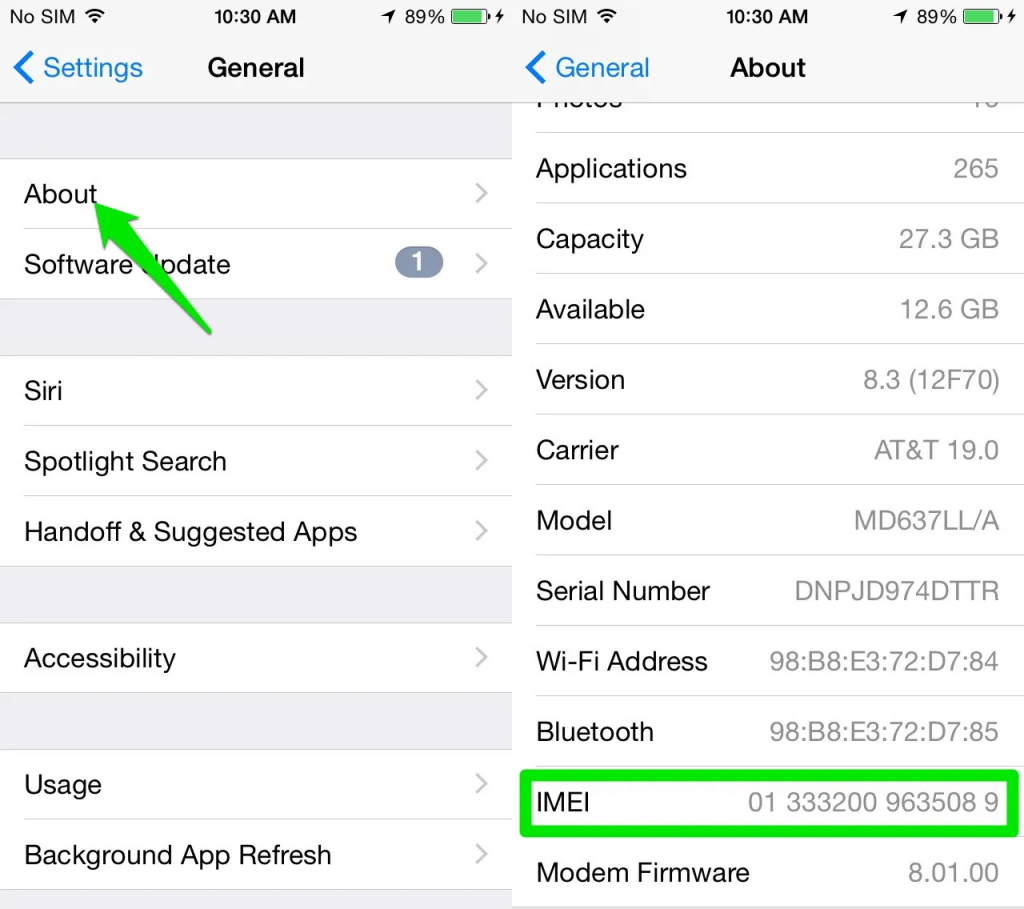IMEI Number: Enabling Seamless Device Integration with IoT Technologies
Your Android device’s IMEI (International Mobile Equipment Identity) number is a unique identifier that plays a vital role in the functioning and security of your device. In this article, we will delve into the significance of the IMEI number, its uses, and how it contributes to the overall user experience of your Android device.
What is an IMEI Number?
The IMEI number is a 15-digit code assigned to every mobile device globally. It serves as a unique identifier for your Android device and distinguishes it from other devices. The IMEI number remains constant throughout the device’s lifetime and cannot be changed.
Device Identification and Tracking:
The IMEI number plays a crucial role in identifying and tracking your Android device. Mobile network operators, law enforcement agencies, and service providers use the IMEI number to trace stolen devices, block unauthorized usage, and ensure network security.
Anti-Theft Measures:
In cases of theft or loss, the IMEI number helps protect your Android device. By reporting the IMEI number to your service provider, they can blacklist the device, rendering it useless on networks globally. This anti-theft measure discourages theft and makes stolen devices less valuable to potential criminals.
Warranty and Support:
The IMEI number is essential for warranty and support purposes. Manufacturers and service providers use the IMEI number to validate warranty claims and provide device-specific support. Keeping a record of your device’s IMEI number is crucial when seeking technical assistance or claiming warranty coverage.

Device Authentication and Security:
The IMEI number acts as a device authentication mechanism. Mobile banking apps, payment gateways, and other security-sensitive applications use the IMEI number to verify the integrity and authenticity of the Android device. This helps protect against fraudulent activities and unauthorized access.
Regulatory Compliance:
IMEI numbers are regulated by telecommunications authorities worldwide to ensure compliance with legal and regulatory frameworks. Manufacturers and service providers must register IMEI numbers to meet regulatory obligations, contributing to a safer and more secure mobile ecosystem.
Device Customization and Compatibility:
The IMEI number plays a role in device customization and compatibility. Service providers use the IMEI number to provision specific services, such as over-the-air updates, carrier-specific features, and network settings, tailored to your Android device.
Mobile Device Resale and Market Value:
The IMEI number influences the resale value of your Android device. Prospective buyers often verify the IMEI number to ensure the device is legitimate, not blacklisted, and eligible for warranty. A clean IMEI number enhances the market value and desirability of your device.
International Roaming:
IMEI numbers facilitate international roaming services. When traveling abroad, your IMEI number enables seamless connectivity by allowing your device to authenticate colorwap connect to foreign networks, ensuring you stay connected wherever you go.
Privacy and Data Security:
The IMEI number is essential for privacy and data security. It helps mobile device management solutions, remote tracking and wiping services, and anti-malware applications protect your Android device against unauthorized access and safeguard your personal information.
The IMEI number is more than just a random string of digits; it is a critical component of your Android device’s functionality, security, and overall user experience. Understanding the importance of your device’s IMEI number empowers you to protect your device, ensure compatibility, and make informed decisions regarding warranty, resale, and device security.
